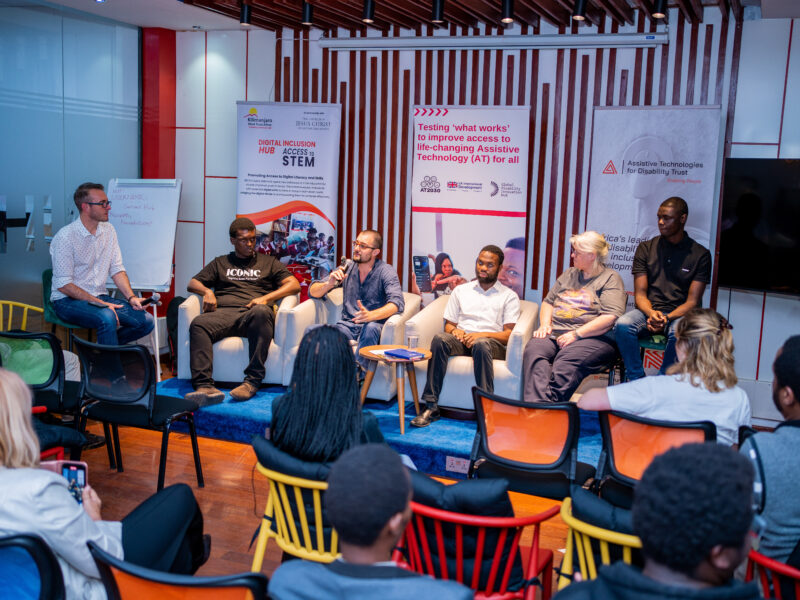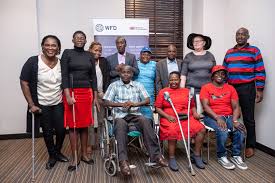South Africa on Monday launched four locally developed assistive technologies to improve the lives of people living with disabilities in the country.
The launch, by Deputy Minister of Science, Technology and Innovation Nomalungelo Gina at the Central University of Technology in Bloemfontein, coincided with the country’s Psycho-Social Disability Awareness Month.
These technologies include Virecom, video remote interpreting service for deaf users; WeSignIt, an app that translates written content into sign language; ShazaCin, an audio description tool for blind users; and Ka-dah, a wearable smartphone interface for the visually impaired.
Gina said the technologies, a ground-breaking initiative, would help facilitate broader access for people living with disabilities.
“These are not only local inventions, but they are solutions speaking directly to dignity, urgency, (and) access,” she said.
“These innovations were made possible through collaboration, co-creation, and targeted support for grassroots social entrepreneurs, most of whom are youth and with lived experiences. They are proof that when we fund inclusion, we fund transformation,” Gina added.
The initiative is supported by the Departments of Social Development and Small Business Development, with plans to deploy some of the technologies in public services, such as police stations.
There are 3.3 million people with disabilities in South Africa, making up about 6 percent of the total population, and it is therefore necessary to prioritise their inclusion, according to the Department of Science, Technology and Innovation.
The department said the launch also forms part of a broader national commitment to inclusive innovation and aligns with South Africa’s G20 theme of solidarity, equality and sustainability.
Professor Yu Jia from Soochow University in China, one of the G20 representatives who joined the launch virtually, said: “Technology for the disabled requires the collaboration of industry, education, governments and academics, to form a complete system.”
“There is a need for integration between international policy support, industrial business models, and cutting-edge technologies to reconstruct the paradigm for the technology for people with disabilities,” Yu said. Enditem
Source: Xinhua
Share Us



